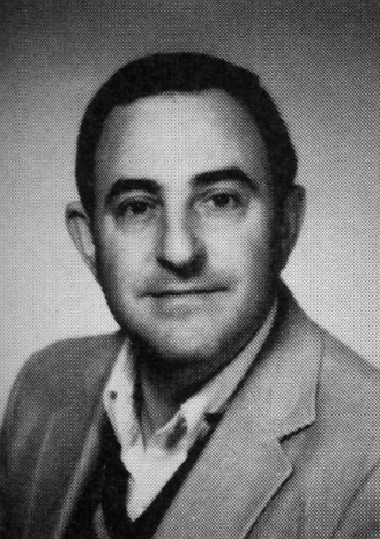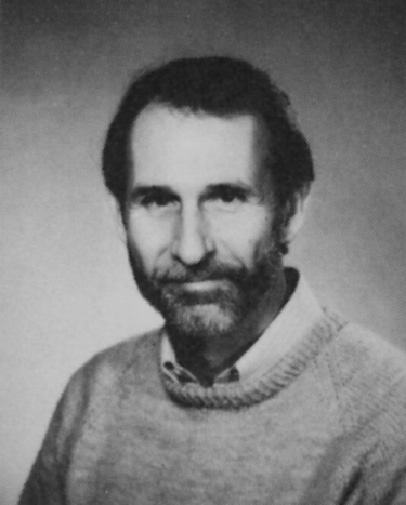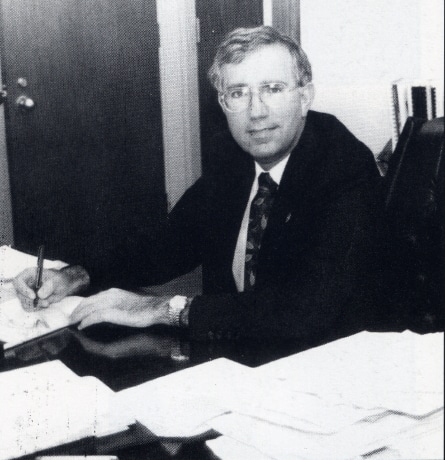(Excerpted from James F. Willis, Southern Arkansas University: The Mulerider School’s Centennial History, 1909-2009, pp. 335, 350-351, 370)
Dr. [Steven] Gamble cooperated with the recently established Faculty Senate. Having a senate to provide for more shared university governance had long been on faculty leaders’ agenda. The opportunity to secure its approval by the board of trustees occurred during the months of struggle over Dr.[Harold] Brinson’s fate. The new body was inaugurated on September 19, 1991, when members of the old Faculty Affairs Committee vacated their seats and outgoing chair Dr. Raymond Cammack turned over the gavel and responsibility to newly elected Senate President David Sixbey and the seventeen other senators, three each from the four schools and six elected at large. With Dr. Gamble’s assistance, progress was made toward shared governance by adding more faculty representation in the tenure and promotion review system as well as more clearly defining standards to guide these decisions. The president and senate later disagreed, however, when faculty sought the right to elect all faculty representatives of all committees. A compromise permitted wider election but continuing presidential appointment to some key committees. Overall, the senators and the president maintained a good working partnership.

Raymond Cammack, Professor of Math and President of the Faculty Affairs Committee (Click photo to enlarge)
· · · · · · · ·
The modification of Dolph Camp Fine Arts and the Brinson Art buildings caused greater campus upset than the conversion of Nelson Hall. When asbestos was found in Dolph Camp in 1996, Dr. Gamble proposed moving the music department into Brinson, the art department’s home. He emphasized to the Faculty Senate in February 1997 the cost factor. Remodeling Brinson would cost only $300,000; removing asbestos from Dolph Camp would cost $633,000. Except for the Oliver Recital Hall, which was asbestos free, the rest of Dolph Camp would be temporarily mothballed. Art faculty and students, as might be expected since they stood to lose almost half their space to music, vehemently objected. The senate suggested taking $333,000 from the university’s $1.5 million in reserves to add to the $300,000 in hand to renovate Dolph Camp, allowing music to stay where it was. Faculty senators voted twice against Dr. Gamble’s plans. He moved ahead, nonetheless, recalling later that the move was a “no brainer. We had to do something to make music better, and art did not need the entire facility.”

David Sixbey, Professor of History and first President of the Faculty Senate (Click photo to enlarge)
He reported the faculty’s opposition to the board of trustees. In May 1997, the trustees backed the president’s plans, although not unanimously. At that same meeting, the board, in executive session, was divided, voting 3–2 to extend Dr. Gamble’s contact. Dr. Gamble understood that modern university presidents’ tenure averaged seven years in the United States. Controversial decisions like the ones he was making inevitably cost him campus and community support. As a result, that summer Dr. Gamble became a finalist for the presidency of Texas A&M at Commerce and made clear to the campus that while he was happy at SAU, he planned to move closer to West Texas and his family when the opportunity arose.
· · · · · · · ·
A month after he became president, Dr. Rankin told the board of trustees that he wanted to be a “participatory leader.” Acting on that intention, he expanded shared governance more than any previous president. He approved the establishment of an SAU Staff Senate. He cooperated with the Faculty Senate to reverse Dr. Gamble’s position and agreed to the election of all faculty members on standing committees. He also supported a change in the University Promotion and Tenure Council’s membership, replacing its four deans with four additional faculty representatives and making the vice president for academic affairs a non-voting chair. This new arrangement finally brought SAU into line with other schools’ practices. Dr. [David] Rankin also added to the President’s Council (the president and vice presidents’ regular meetings), an Administrative Council (the president, vice presidents, deans, directors, and Faculty Senate president) meeting monthly to provide a wider range of representative advice on all matters.


